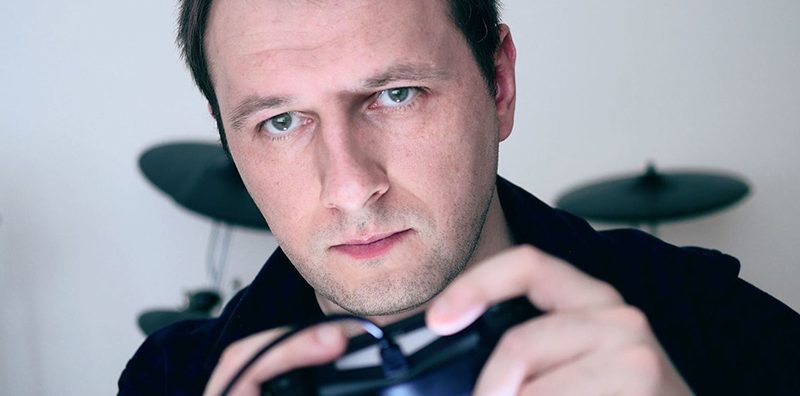
Adolescence is the period of life during which children are prone to rebellion, so it is not surprising that they are increasingly interested in the virtual world and distance themselves from what is happening in reality, said gaming expert and MRU Institute of Communication Director Dr. Marius Kalinauskas. He was speaking with "Tėvų kanalas" Webcast manager, lecturer and psychologist Jūratė Bortkevičienė.
According to Dr. Kalinauskas, adults often tend to pre-judge and avoid analyzing the deeper causes of addictions to virtual games and social networks. "It is worth trying to understand such children's behaviour and remember for themselves how they behaved when they were teenagers," noted Dr. Kalinauskas. Parents, who are raising teenagers and complaining that they are constantly playing virtual games should be asked who raised them? If your child hasn't done anything else since childhood, - just watched TV, you shouldn't be surprised why your child finds the virtual world more attractive, he said.
Virtual world can influence a child's developmental processes, but their impact is also relevant for adults, Kalinauskas siad. "The virtual world is attractive becuase it is more predictable than the ever-changing reality, so to strike a balance between virtual games and real activities it is necessary to create certain rules or agreements both for children and their parents to follow, he said. In this case, the role of children's and parents relationshps play an important role, Kalinauskas noted.
Can Computer Games Be Considered an Addiction?
Kalinauskas says that the U.S. Association of Psychologists has classified video games as addictive activities, but he himself doubts this position. "Addiction to computer games is often only a symptom meaning that something is not in order in other aspects of the children's or adults' life. "I would emphasize that addiction is not only related to time spent in cyberspace, but also to deteriorating social connections. In other words, the time spent playing in itself is not a criteria indicating this condition. So signs of addiction arise when the time we spend online playing vitually begins to harm our other activities, when those real social relationships are lost and children cease to function as human beings among other humans."
He notes that by attaching a label of addiction we don't think about the fact that maybe such a person doesn't receive recognition from social connections and from peers or the environment he is surrounded by, so the person becomes more closed and begins to seek friends in the vitual world.
This problem becomes more relevant, but due to our inability to fully understand technologies and the causal link between technology and child psychological disbalance, we are not only finding the best mutaul solution for all. We need to come to terms with the idea that as technology advances, so do our communication models and perception of community. Therefore, it is not surprising that for a child, a diverse virtual environment becomes much more interesting than his class or even his family, explained Dr. Kalinauskas.
What Should Parents Pay Attention To, So that Virtual Games Don't Become an Addiction
If parents notice that their teens have become actively engaged in virtual games, they should note if there are any changes in social relationships. If a child stops interacting with those around him and doesn't take care of hiūs physical appearance and hygiene, then this should be a cause for concern, Kalinauskas said. Teens tend towards extremes and that is why parents should point them towards the right direction so they would engage in extracurricular activities, take part in sports and other activities allowing them to interact with their peers, he said.
According to the researcher, the responsibility of parents is to keep a tight rein on their children and to try to balance a child's social life in such a way so that the child feels a full-fledged member of the community. It is very important that parents draw up boundaries and learn to say "no" when necessary and take responsibility for their children, Kalinasukas said.